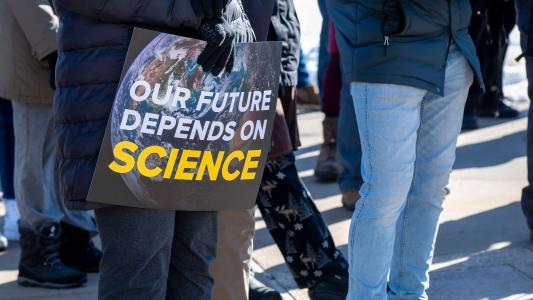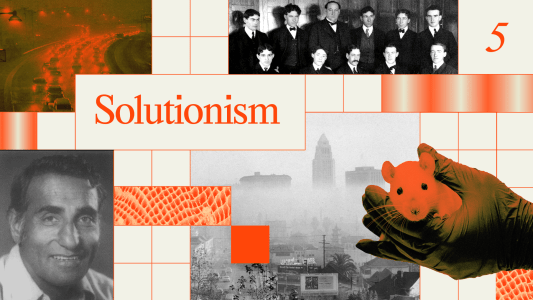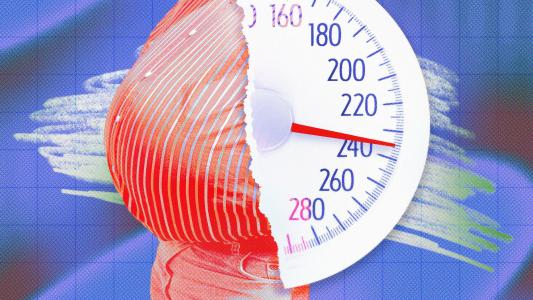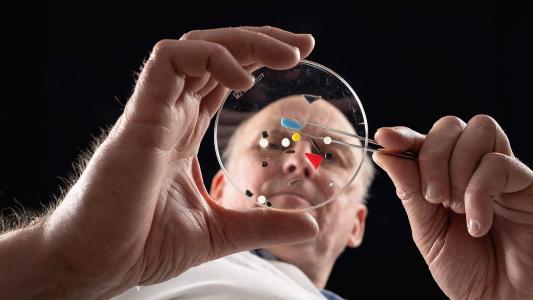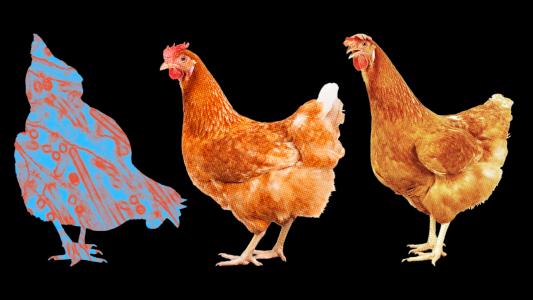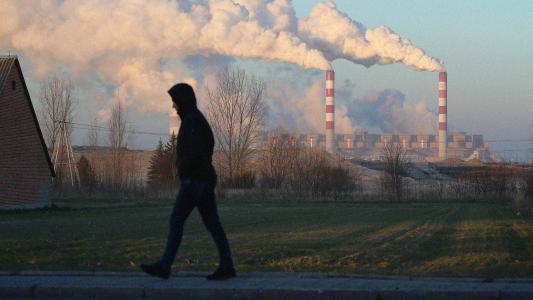Public Health
How consensus can undermine science
The main objective of consensus statements appears to be to reduce doubt, which may stifle scientific inquiry.
Progress happens because solutions create new problems to solve
Solutionism means fully accepting what’s in front of us and enthusiastically stepping up to meet the challenge.
Has the US reached “peak obesity”?
A CDC survey suggests America’s obesity rate may be falling. Is this a turning point in the obesity epidemic? Or just a temporary plateau?
Are microplastics really destroying our health?
Scientists still don’t know how microplastics impact human health, but they do have ideas for stopping their spread.
Potato chips or heroin? The debate on social media and mental health
Experts disagree on whether social media causes mental health issues in adolescents despite looking at the same data. Here's why.
Scientists have invented a method to break down “forever chemicals” in our drinking water
Researchers have discovered a way to eliminate "forever chemicals," or PFAS, which usually take hundreds or thousands of years to break down.
When an antibiotic fails: MIT scientists are using AI to target “sleeper” bacteria
Most antibiotics target metabolically active bacteria, but AI can help efficiently screen compounds that are lethal to dormant microbes.
The threat of avian flu — and what we can do to stop it
Avian flu is infecting cows on US dairy farms, and now a person has caught it — but new research could help us avoid a bird flu pandemic.
A dietician explains “Zepbound,” the newest weightloss drug
Zepbound recently joined the list of obesity-fighting drugs administered as injections that has been approved by the FDA.
Three ways your environment affects your intelligence
These examples underscore the importance of environmental regulation and policies; otherwise, we might just be throwing away our intelligence.
